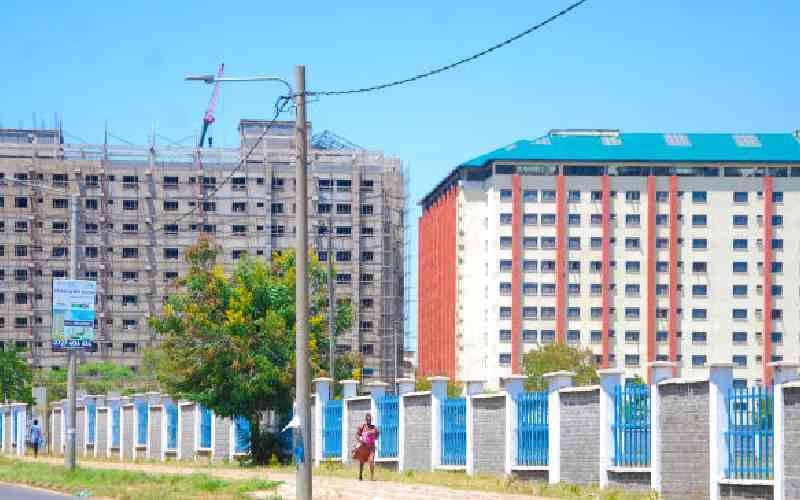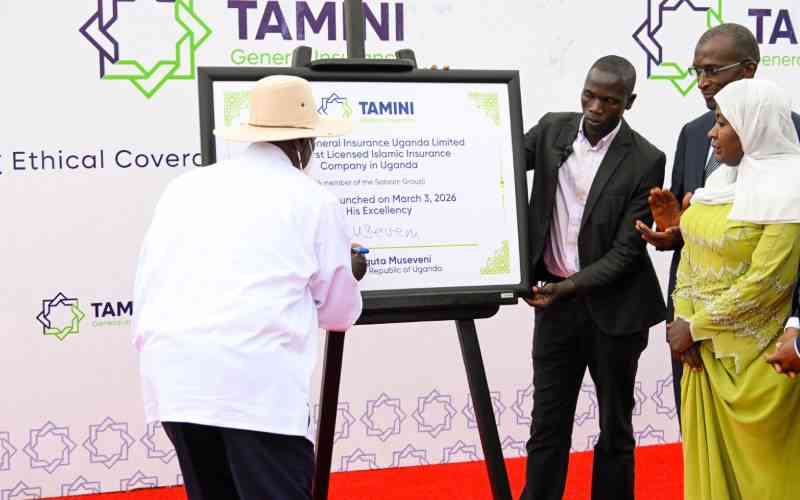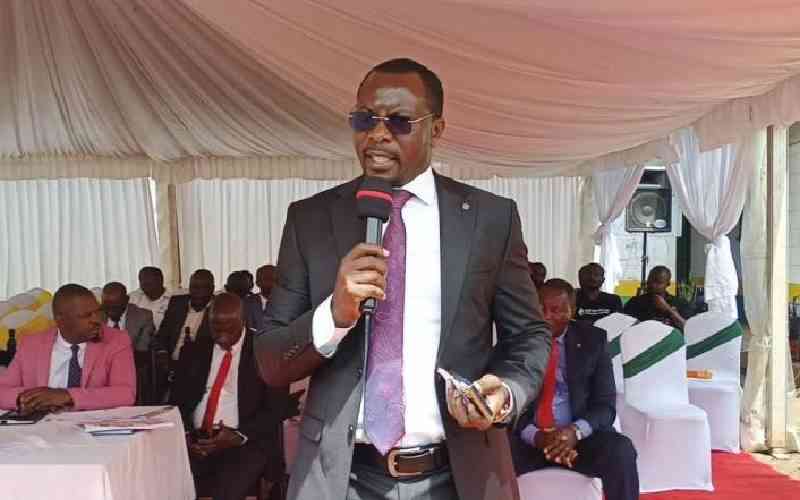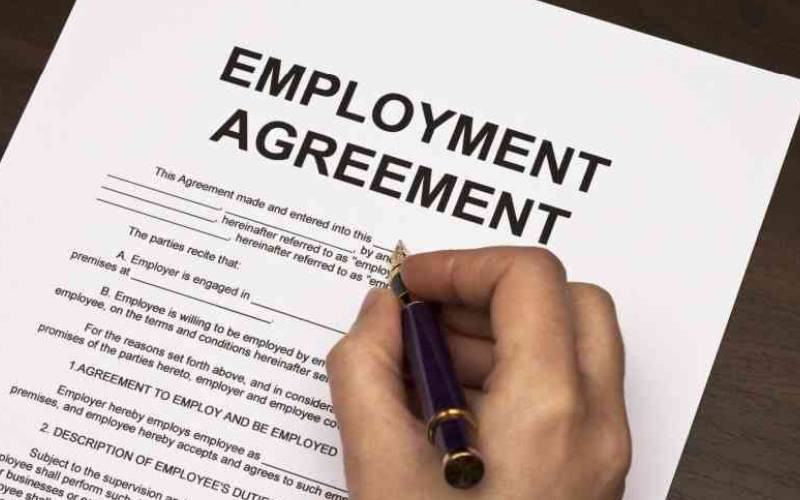×
The Standard e-Paper
Smart Minds Choose Us
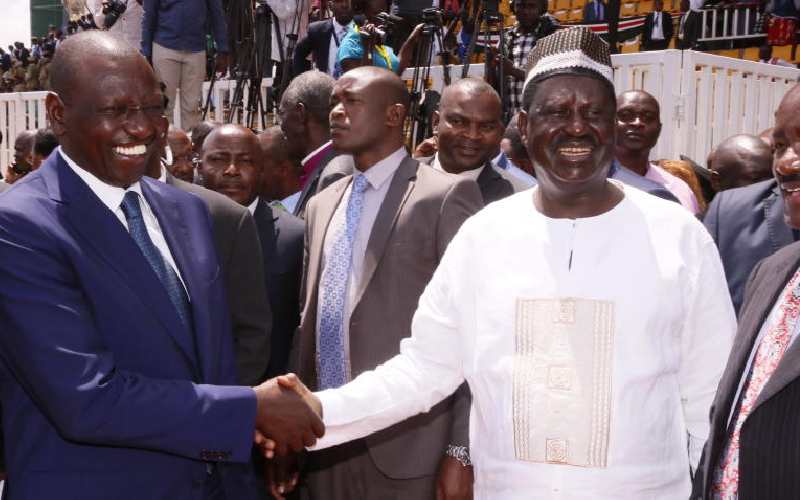
DP William Ruto shakes hands with ODM leader Raila Odinga during Madaraka Day celebrations at Bukhungu Stadium, Kakamega. [Benjamin Sakwa,Standard]
As the election day draws closer, the economic thinking of the leading presidential candidates is becoming clearer. Now we seem to have some meat to hang on. Today, I focus on some snippets from three candidates. The rest that I do not mention here is because there is nothing to talk about or their ideas are null and void ab initio–at least on matters of the economy.
